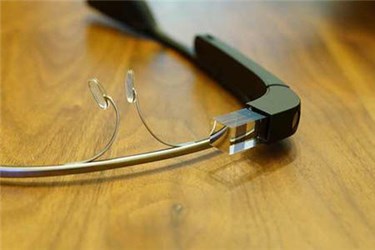Doctors Don't Trust Wearables

By Katie Wike, contributing writer

Wearable fitness trackers are all the rage, but doctors are reluctant to trust the data they collect.
Earlier this year, an Accenture survey found more than half of consumers were interested in wearables such as fitness monitors. At the time, they were touted as the next big thing in remote patient monitoring. But now, an article from VentureBeat points out doctors don’t trust the data they provide.
According to VentureBeat, the idea of wearables as a source of patient data is almost too good to be true. For one thing, the security of wearables is subpar at best. According to experts, the data they collect has little to no protection. Deborah Peel, the executive director of Patient Privacy Rights called wearables a “privacy nightmare.” The fear is that, with no protection for the data these devices collect, it could end up going to the highest bidder - anyone from employers to insurance companies or banks, possibly resulting in discrimination.
While a provider might be interested to know if a patient uses a wearable tracking device and even encourage it for tracking fitness, they have little use for the data that it creates. “Doctors would love to be excited about wearables - they’re gadget guys at heart - but their day-to-day is spent battling 30-year-old fax machines to get your last lab report,” says Jeff Tangney, CEO of Doximity, which makes a social communication platform for clinicians. “For a busy doctor, the ability to use email would save more lives than a Fitbit.”
One source told VentureBeat that wearables are a liability and there are concerns that if the data fell into the wrong hands it could harm hospitals. “Or what if an ambulance chaser (FitBit chaser!) claims we should have taken action for a patient who stopped walking daily?” they ask.
And just how reliable is data that patients record themselves? Not all wearables are up to clinical standards. The bottom line is that while wearables might be a neat solution to get patients more active, the data they create isn’t of any clinical use to doctors - for a lot of reasons.
